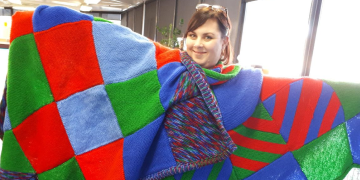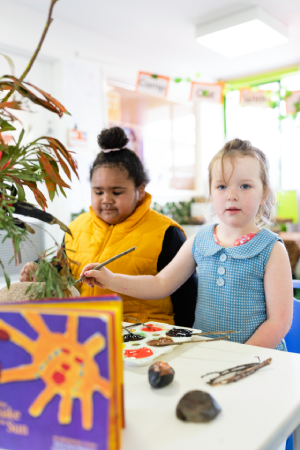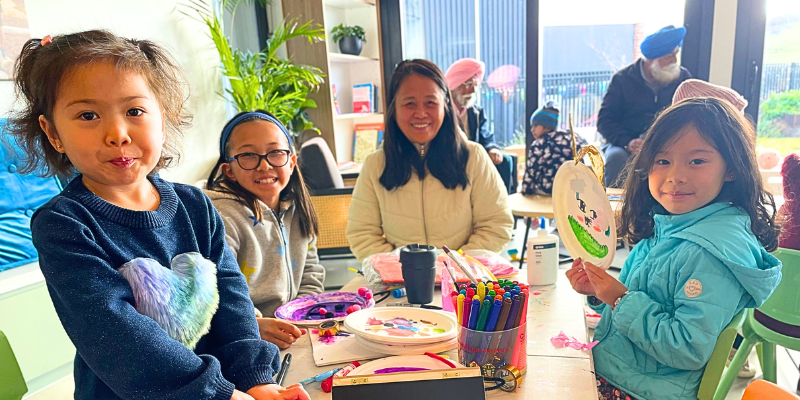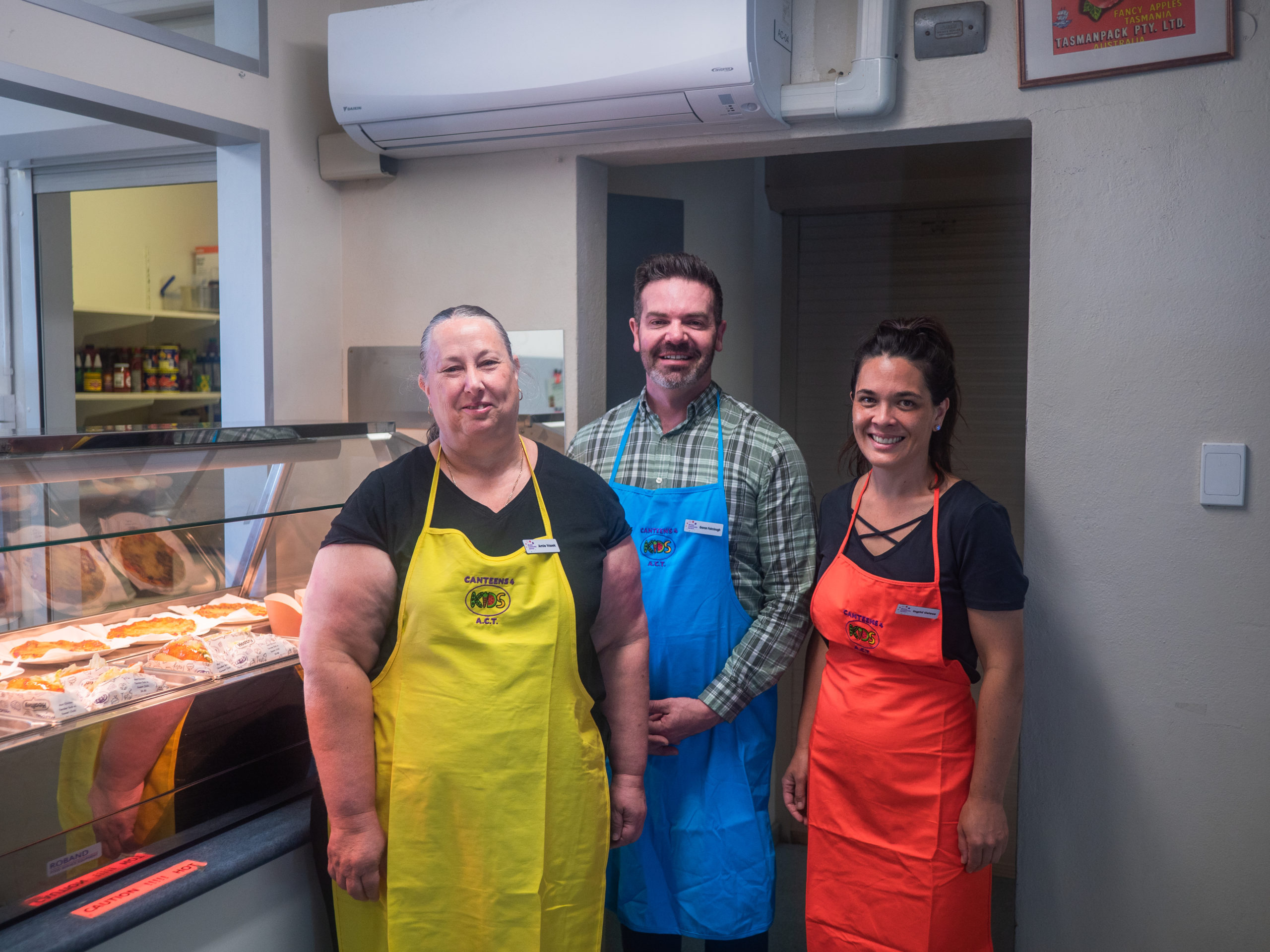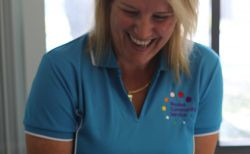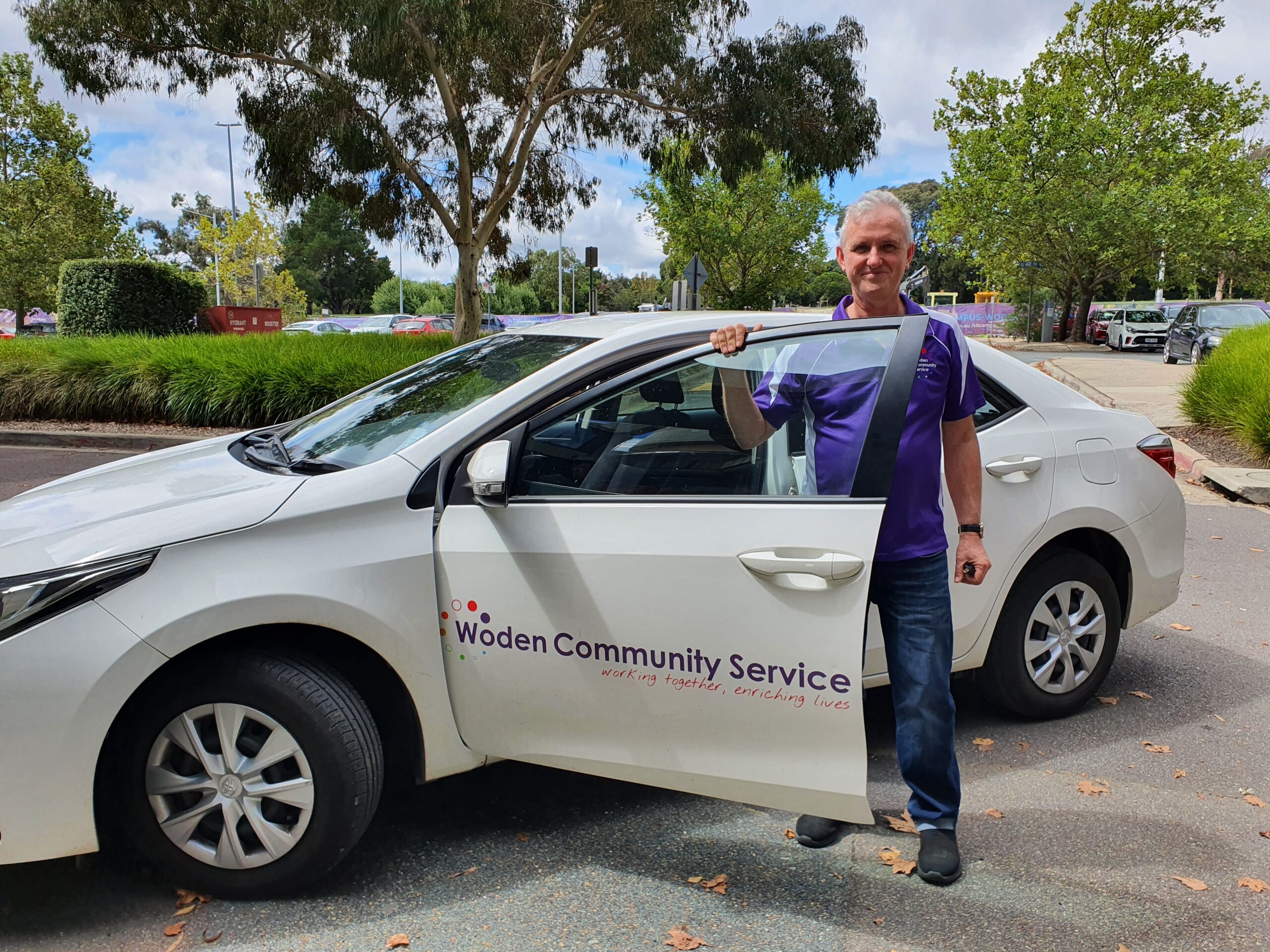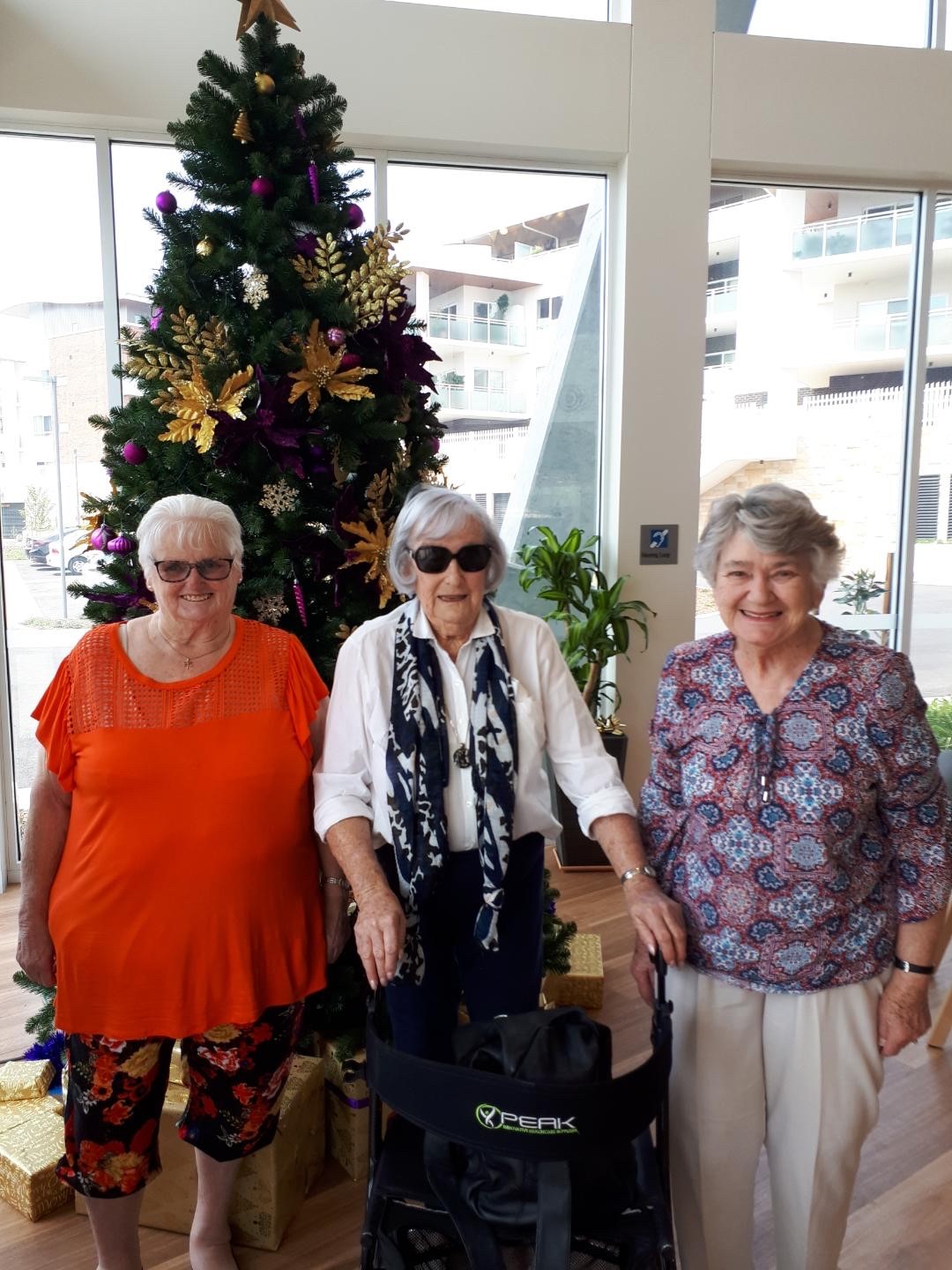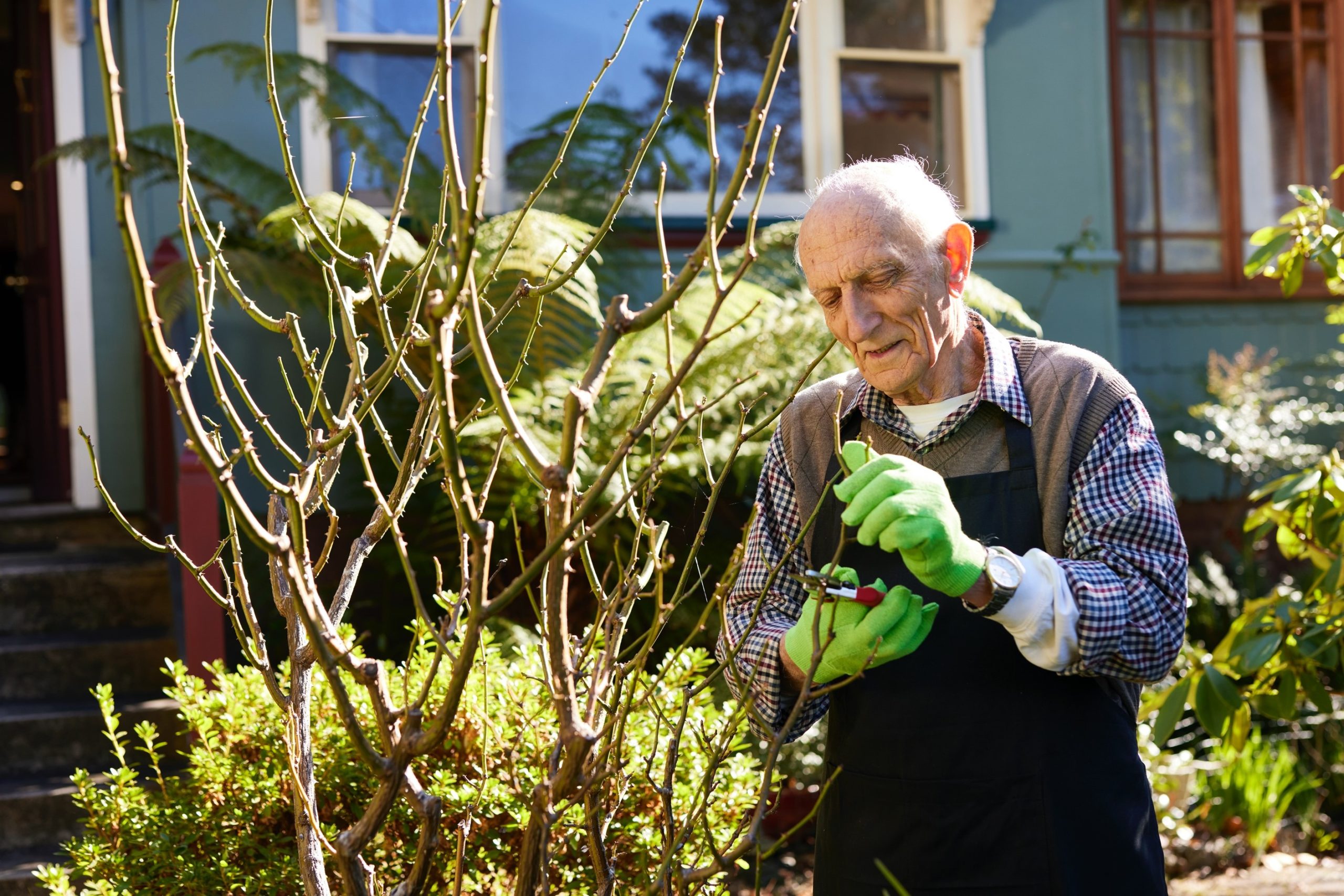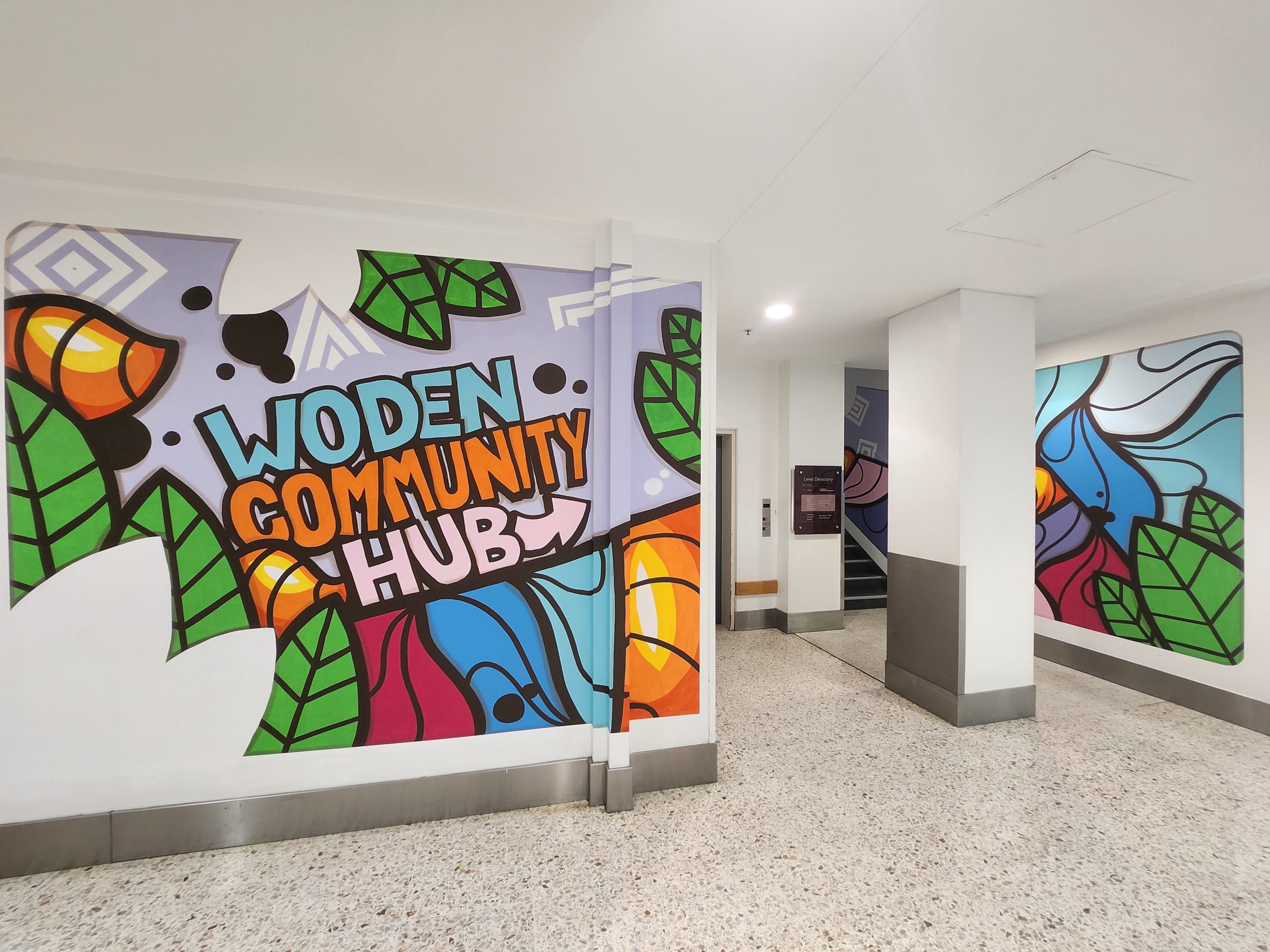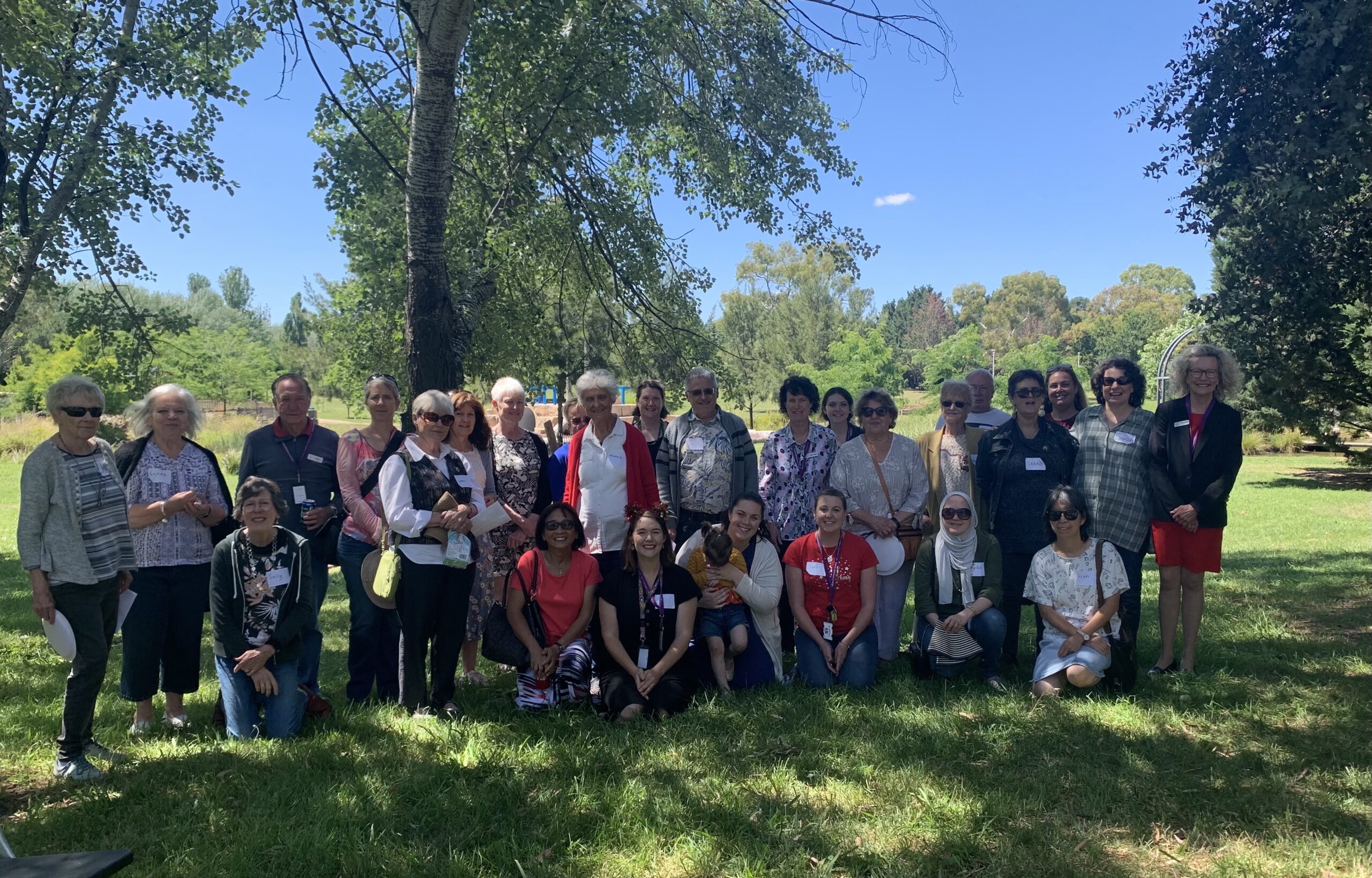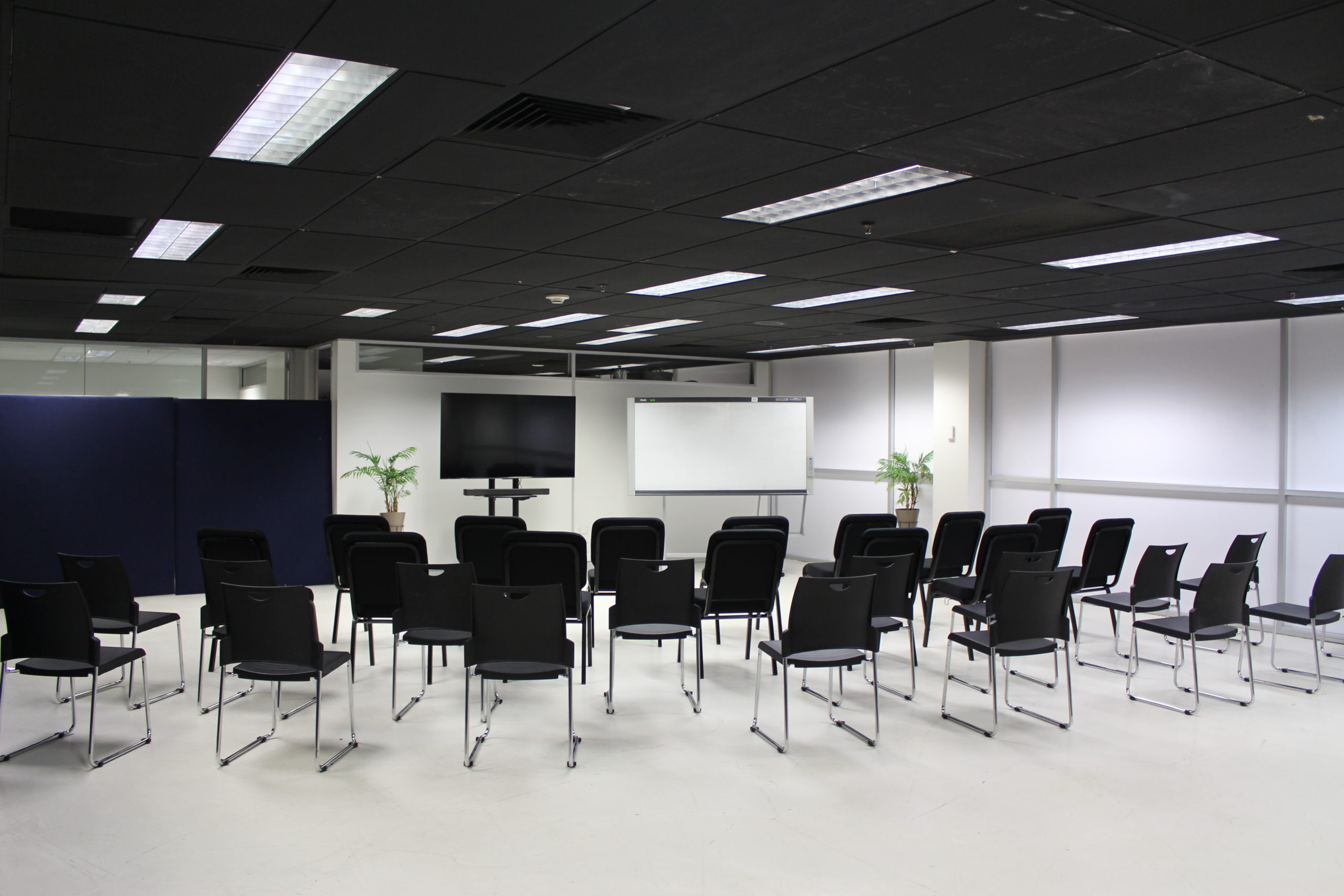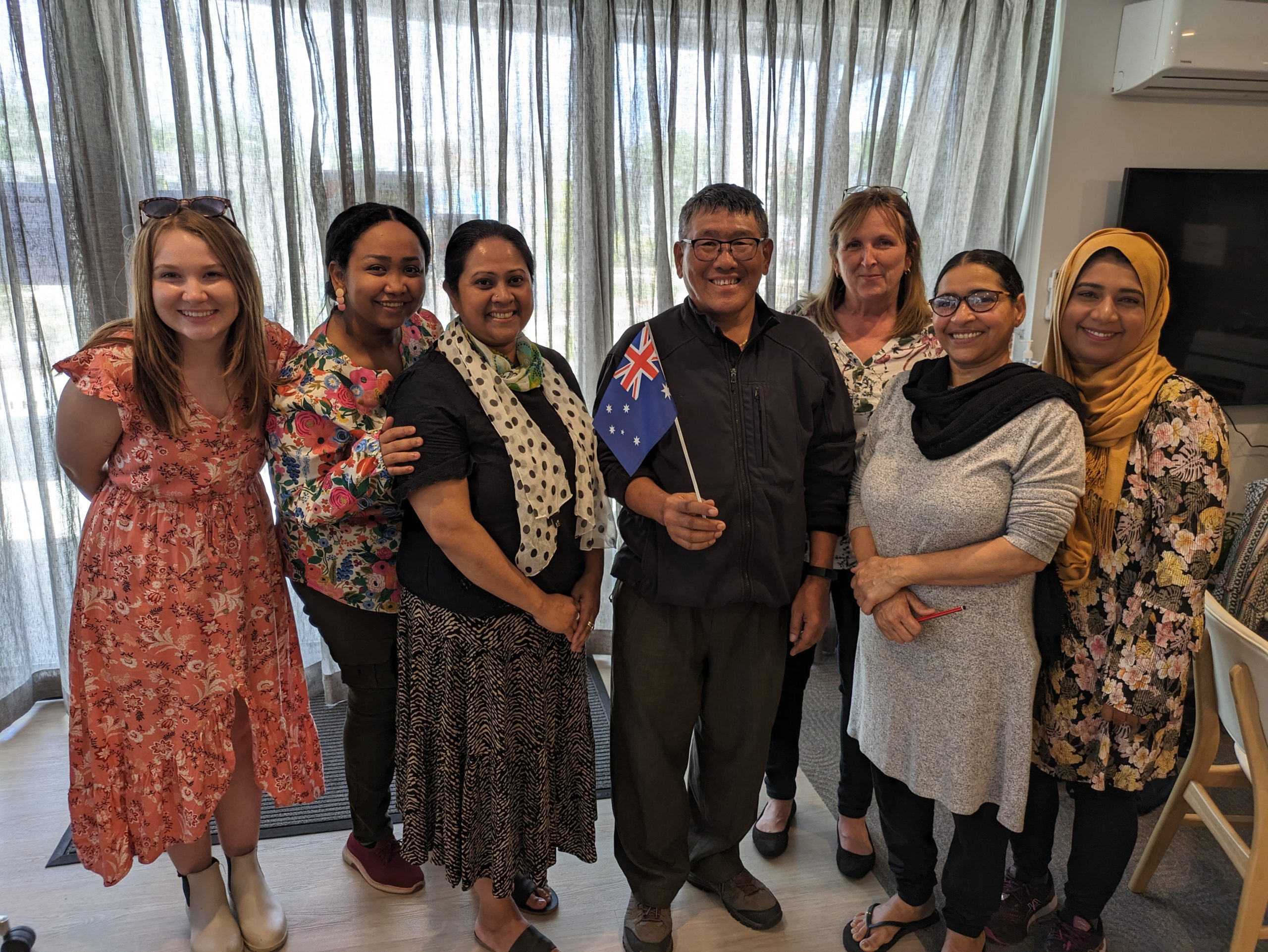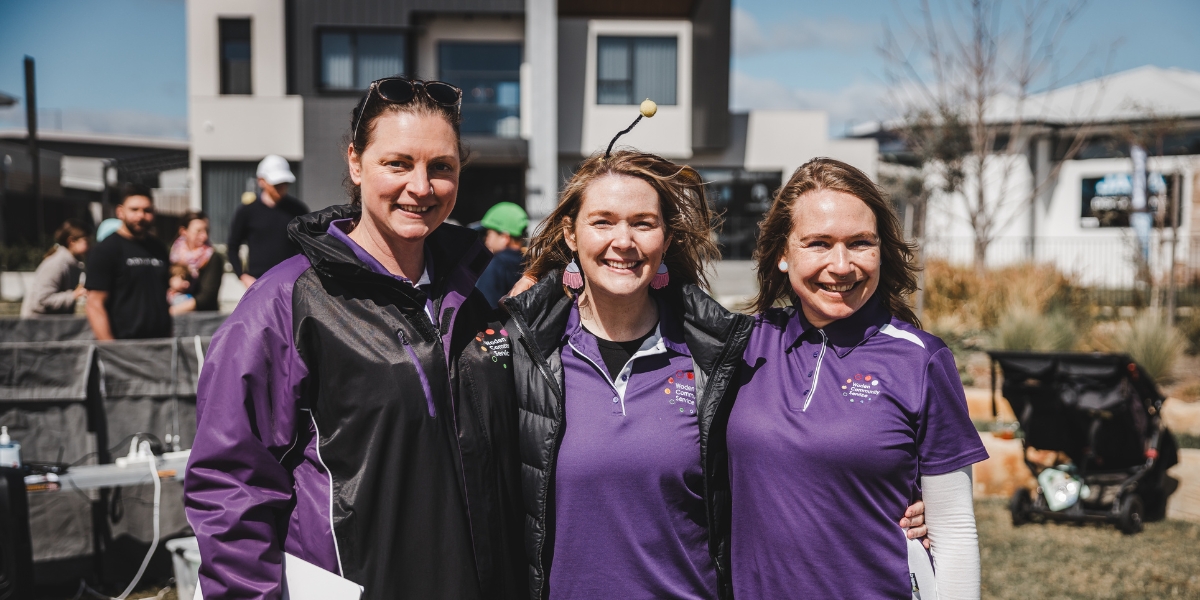Service User Engagement (SUE) Newsletter – “Engage”
SUE Newsletter October 2024 – Who’s Who in SUE
WCS Service User Engagement Statement of Commitment
Download your full copy of the WCS Service User Engagement Statement of Commitment.
Woden Community Service (WCS) is committed to listening to service users and their support persons and engaging with them in designing, delivering and improving WCS’s services.
- WCS recognises everyone has a right to participate in decision making processes that directly impact upon them.
- WCS sees people who access WCS services as active partners in WCS’s work.
- WCS provides safe and accessible opportunities for diverse service users to have a voice and make informed decisions.
- WCS values the important role family members, kin, friends, carers and significant others play in supporting service users.
WCS recognises the experiences people have when they connect with WCS are the most important source of information about the quality and safety of WCS services. The participation of service users and their support persons needs to lead to services that are tailored to individual needs, preferences, cultures and values, resulting in better outcomes and preventing avoidable harm.
WCS operates transparently and informs service users and their support persons about the outcomes of their engagement activities. WCS keeps the broader Canberra community informed about its work, including service user engagement activities and opportunities.
WCS acknowledges Aboriginal and Torres Strait Islander peoples as the original custodians of the lands and waters of Australia. WCS recognises the diversity of experiences, cultures, histories, languages and values of Aboriginal and Torres Strait Islander peoples.
| We value any feedback and complaints service users or support persons have, to help us improve our services. For more information, see Providing Feedback and Making Complaints.
Within some services and some projects, we will have opportunities for service users and/or support persons to contribute. We will advertise any opportunities through this page. |
Principles for service user engagement
1. WCS embeds service user engagement across the organisation
- The Board and WCS leaders are accountable for WCS’s commitment to engaging with service users and their support persons. WCS leaders are responsible for creating a culture of valuing service user engagement and appropriately resourcing and supporting this work.
- All WCS staff have a role in ensuring WCS listens to service users and their support persons and embedding service user engagement in daily practice. WCS values and responds to service users’ and their support persons’ feedback and ideas for improvement.
2. WCS develops safe shared spaces to engage with service users and their support persons
-
- WCS respects the voice of service users and their support persons. WCS seeks to share power with service users and their support persons by using a strengths-based approach to service user engagement. WCS acknowledges the inherent strengths, assets and resources of people, families, groups and communities.
- WCS sees shared and reciprocal responsibilities in working together. WCS invites service users and their support persons to work with WCS to explore what can be done to improve services.
- WCS builds a culture of equality and connectedness, creating spaces where all can contribute.
- WCS’s language is inclusive and respectful.
- WCS supports people to engage with the organisation, to the extent they choose. This support may include assisting people to build the skills and knowledge to be able to contribute, or providing practical assistance to address barriers to participation. WCS reimburses service users and support persons for costs associated with participation in WCS’s ongoing, formal service user engagement mechanisms.
- WCS acknowledges the diversity of voices and needs and provides multiple, flexible opportunities, so all can feel comfortable and are heard. WCS staff receive mandatory Aboriginal and Torres Strait Islander cultural awareness training and are supported with ongoing professional development opportunities to enhance cultural and intersectional awareness.
- WCS acknowledges that experiences of trauma can be a significant barrier to service user participation. WCS staff are trained to engage service users and their support persons in a trauma informed manner.
- WCS is transparent in explaining engagement processes, the role of service users and their support persons and how their contribution can influence WCS’s work.
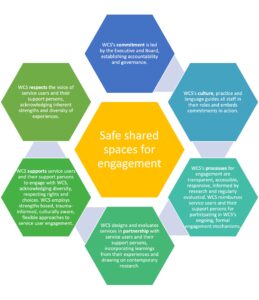
3. WCS acts on the learnings from engagement
- WCS will act on what is learnt from engaging with service users and their support persons regarding their experience of WCS services, acknowledging the expertise service users and their support persons bring and how this can improve the quality and safety of WCS services.
- WCS partners with service users and their support persons when reviewing services, working together to maintain high quality and responsive services.
- WCS actively involves service users and their support persons in the design of new services and policies to ensure their views are incorporated from the very beginning of service and policy development.
- Wherever possible, WCS will provide feedback to those who have engaged with WCS, explaining the impact of their contributions on service practice or direction.
4. WCS seeks to improve engagement activities through evaluation and research
- WCS trains and supports WCS staff to engage with service users and their support persons using appropriate processes, consistent with these principles.
- WCS evaluates our service user engagement and participation activities internally, to ensure they are consistent with the organisation’s commitments and identify improvements.
- WCS monitors external research to identify ideas for strengthening activities and ensuring they are consistent with sector standards and community expectations.
Terminology:
Service users: WCS uses the term ‘service users’ to refer to all those who access WCS services. Individual services may use terms specific to their context, for example, children, young people, families, participants or tenants. WCS respects any requests from service users to use an alternative term meaningful for them.
Support persons: A support person provides support to a service user and may be a carer, parent, guardian, friend, family member, kin or otherwise connected to the person. For this statement, principles and actions, WCS refers to ‘service users and their support persons’. WCS acknowledges service users can determine who they consider a support person and WCS recognises and acknowledges the unique lived experiences and valuable role support persons play in providing ongoing support.
Service user engagement: Service user engagement is about how WCS partners with service users and their support persons to design, deliver, improve and evaluate WCS’s services.
Context – this statement of commitment:
- sits alongside the broader WCS commitment to engage with stakeholders, agencies and the community to build WCS’s understanding of community needs, determining what services WCS should provide and how to deliver those services. Please see the WCS Strategic Plan 2021 – 2025 and WCS Corporate Governance Statement.
- is about how WCS engages with service users and their support persons to obtain feedback on their experience of WCS services. It does not describe how WCS delivers services. Please see the WCS Service Expectations statement and the WCS Support Persons Rights and Responsibilities Statement.
- is consistent with related policies and procedures, particularly complaints processes: Anyone who has a comment, complaint or concern about WCS has the right to have the matter dealt with fairly and promptly, without fear of reprisal. Please see Providing Feedback and Making Complaints.
- recognises that WCS service users and their support persons are diverse, comprising different age groups, genders, sexualities, cultural backgrounds, socio-economic circumstances, abilities and strengths. WCS acknowledges that our engagement strategies need to be safe, trauma-informed, accessible, culturally competent and welcoming of diversity. Please see the WCS Diversity Statement.
For more information about WCS’s Service User Engagement ( SUE ) work, please contact engage@wcs.org.au

